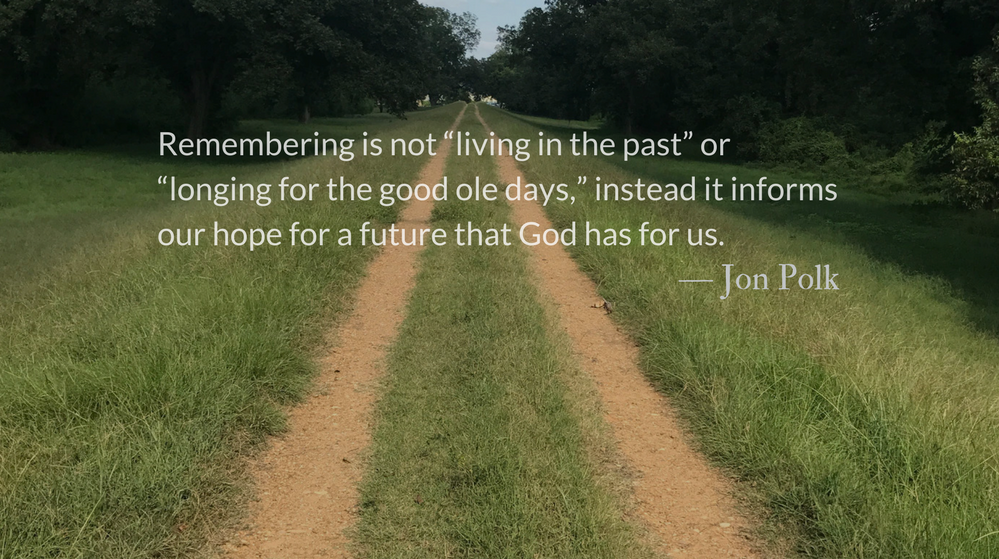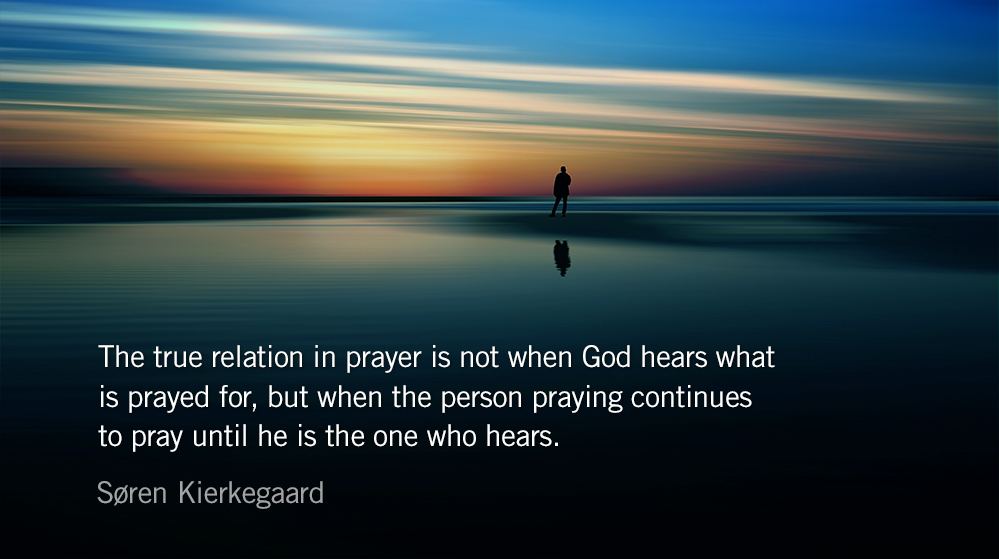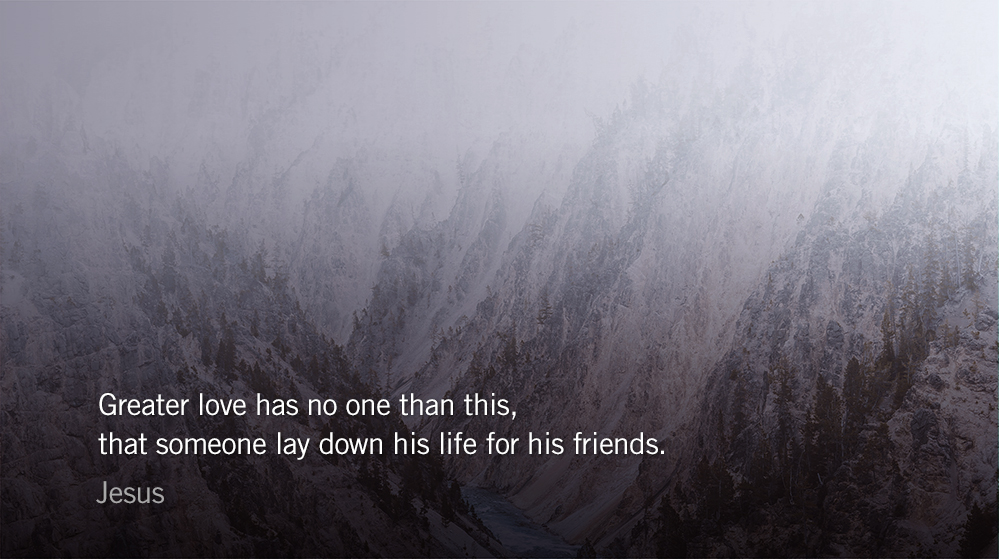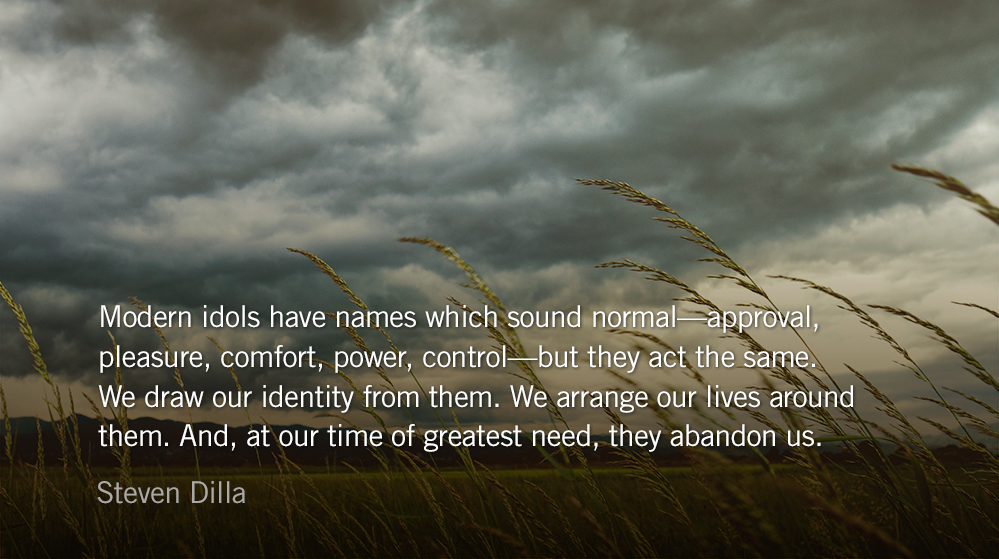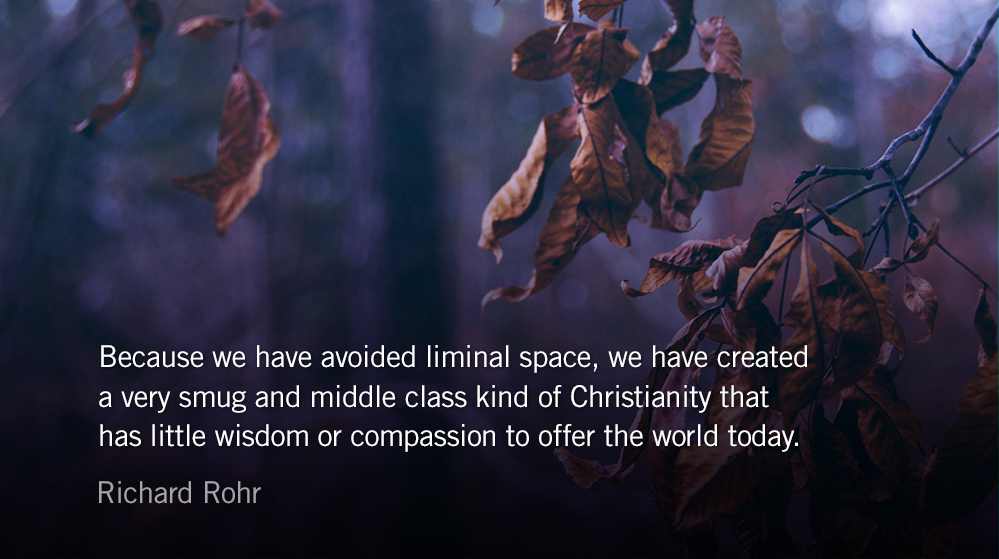Selected by reader, Lauren Nichols from Fort Wayne, IN
I have often read of the folly of living in the past, or looking back mournfully as if we could turn back time. This post is an excellent reminder of the value of remembering God’s past faithfulness as a way to be encouraged to trust Him for the future.
Originally published, February 1, 2018 based on readings from Esther 9 and Romans 4.
Mordecai recorded these events, and he sent letters to all the Jews throughout the provinces of King Xerxes, near and far, to have them celebrate annually… the time when the Jews got relief from their enemies, and… when their sorrow was turned into joy and their mourning into a day of celebration. He wrote them to observe the days as days of feasting and joy and giving presents of food to one another and gifts to the poor. — Esther 9:20-22
Reflection: Forward-Looking Remembering :: Readers’ Choice
By Jon Polk
A visit to the National Mall in Washington, D.C. is a testament to the significant power of memory. In the heart of the United States’ capital are numerous monuments dedicated to the memory of great historical figures – Lincoln, Washington, King and others – and significant human sorrows – World War II, the Vietnam War, the Holocaust. Standing in front of the impressive white marble statue of the great American president Abraham Lincoln, one cannot help but be overwhelmed with a sense of history that goes far beyond the memory of personal life experiences.
Many of us have our own memorials in a prominent place in our home: the refrigerator door. There on that sleek magnetic surface, the faces of family and friends stare back at us from treasured moments that have come and gone. There, kindergarten artwork is treated like a rare, priceless Van Gogh. There we find notes and cards that remind us of the ones we love.
At the conclusion of the story of Esther, her uncle Mordecai instructs the Jews to annually celebrate by remembering the attempted genocide and their escape from it. This inaugurates the Jewish Festival of Purim, a memorial of the time when sorrow turned to joy and mourning to celebration.
Remembering is not “living in the past” or “longing for the good ole days,” instead it informs our hope for a future that God has for us. At Purim, the Jews were to look back to the story of Esther and their deliverance in order to look forward to find a hope for their future. This remembering caused them to not only feast and celebrate, but also to give gifts to the poor. Memory of God’s favor on us should compel us to share that same grace with others.
It is often noted that Esther is the one book in the Bible where God is not specifically mentioned. Reading the story with the benefit of hindsight reveals that God was indeed present and working behind the scenes.
We would be wise to regularly recall God’s intervention and provision in our own lives, giving thanks and praise for how God has delivered us and cared for us, especially in those times when we may have not been able to immediately recognize his presence.
What spiritual memories are we hanging on the refrigerator doors of our hearts that we look to regularly for hope and to say, “Thanks be to God”?
Prayer: The Refrain for the Morning Lessons
Our days are like the grass; we flourish like a flower of the field. — Psalm 116.14-4
– Prayer from The Divine Hours: Prayers for Springtime by Phyllis Tickle.
Prayers from The Divine Hours available online and in print.
Today’s Readings
Jeremiah 30-31 (Listen – 11:21)
Mark 16 (Listen – 2:34)
This Weekend’s Readings
Jeremiah 32 (Listen – 7:32) Psalm 1-2 (Listen – 2:05)
Jeremiah 33 (Listen – 4:46)Psalm 3-4 (Listen – 1:56)
Additional Reading
Read More about Finishing Well
For a faith focused on the ideals of selflessness and sacrifice, it seems odd that biblical writers draw parallels with sports events focused on individual winners.
Read More about Going Where the Gospel Goes
“Who was I to think that I could stand in God’s way?” — Apostle Peter
Readers’ Choice
We still have room for you to suggest your favorite posts of the year. Submit a Readers Choice post.
Tell us about a post and what it meant to you.
Support our Work
Over 4,000 people every week read an email devotional from The Park Forum. Support our work with a monthly or a one time donation.

